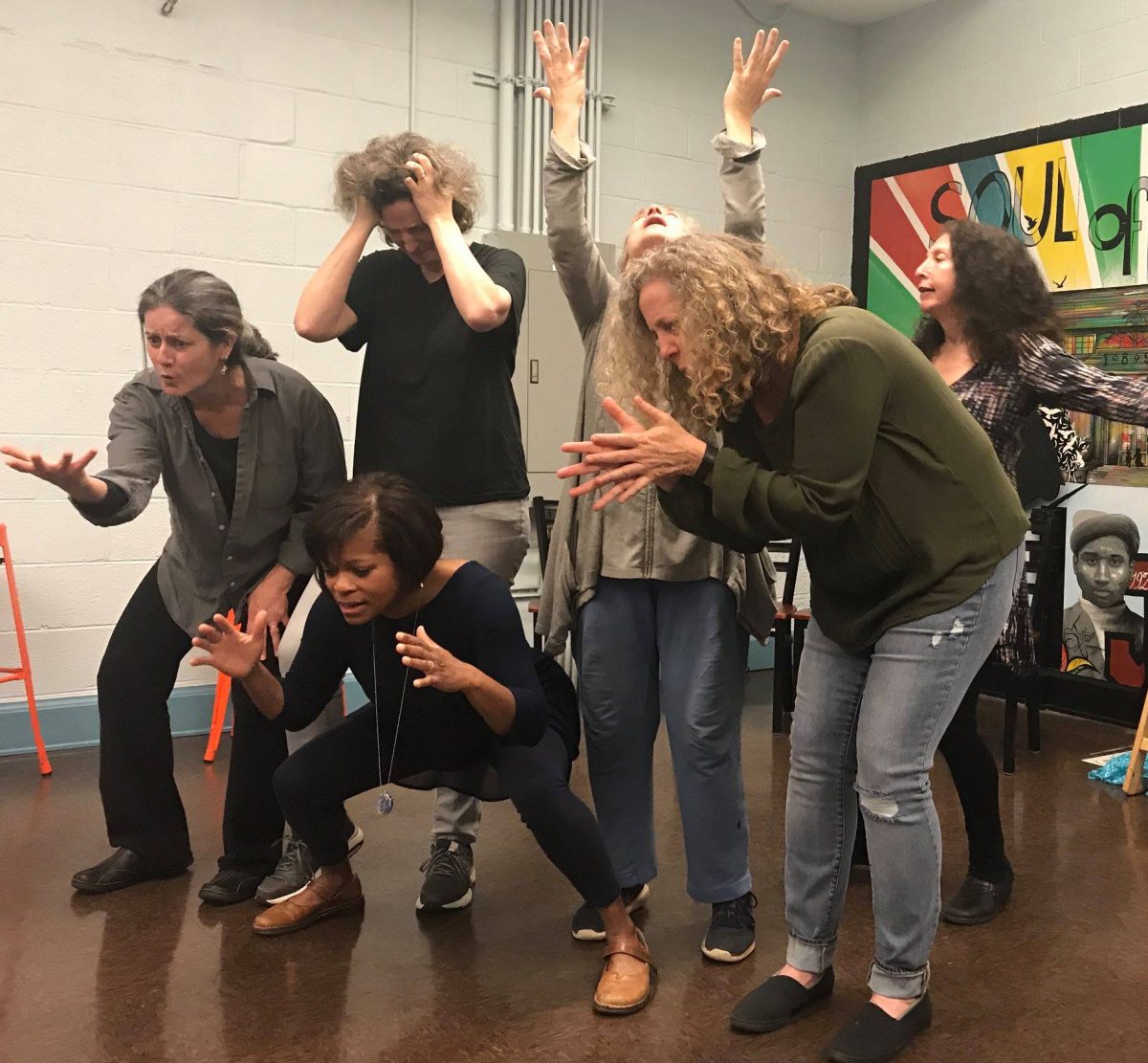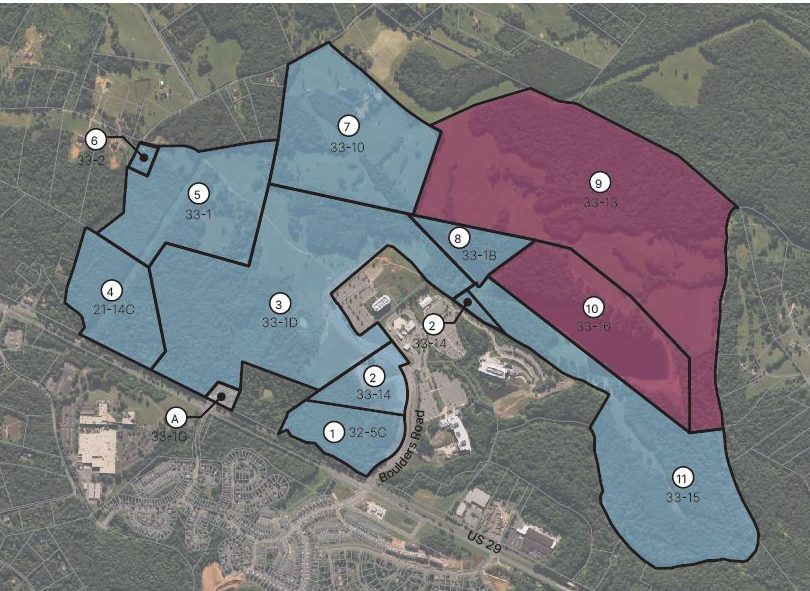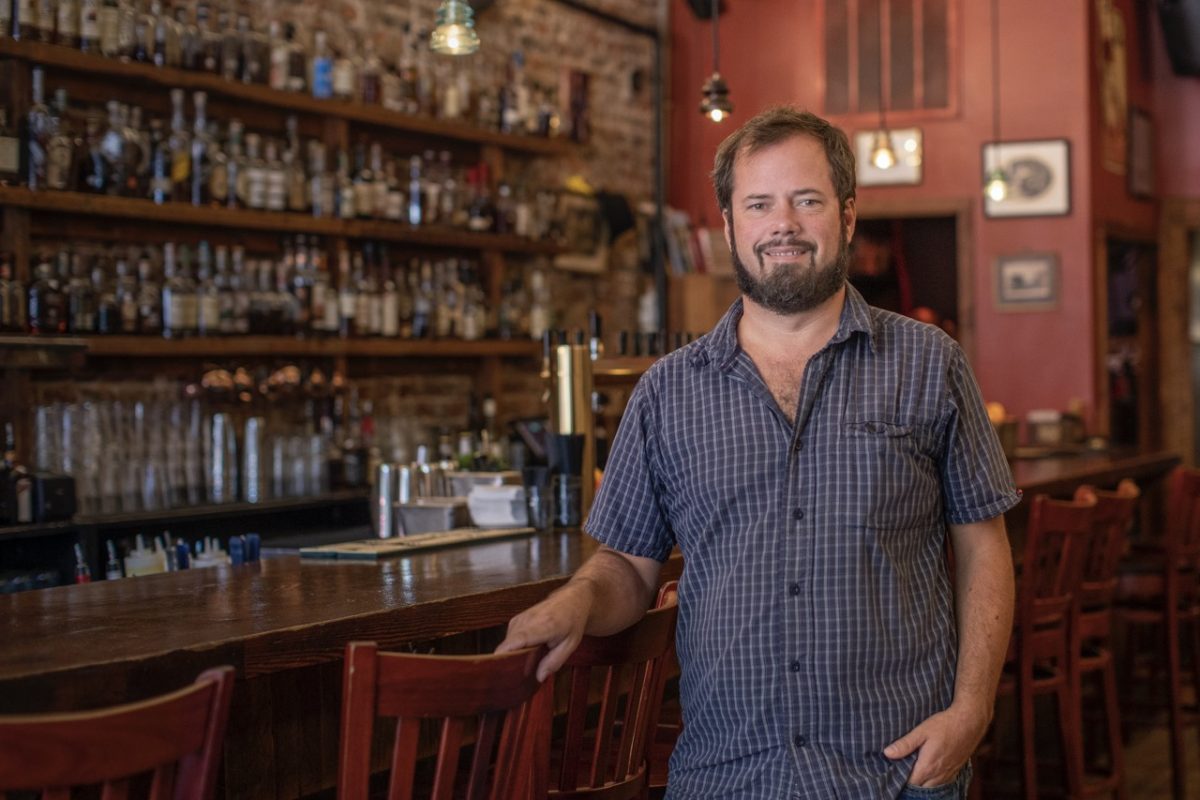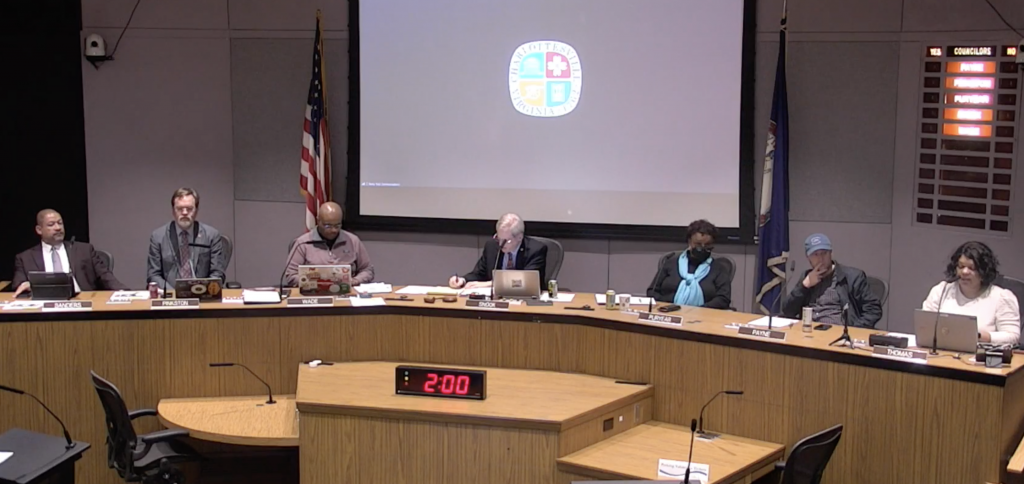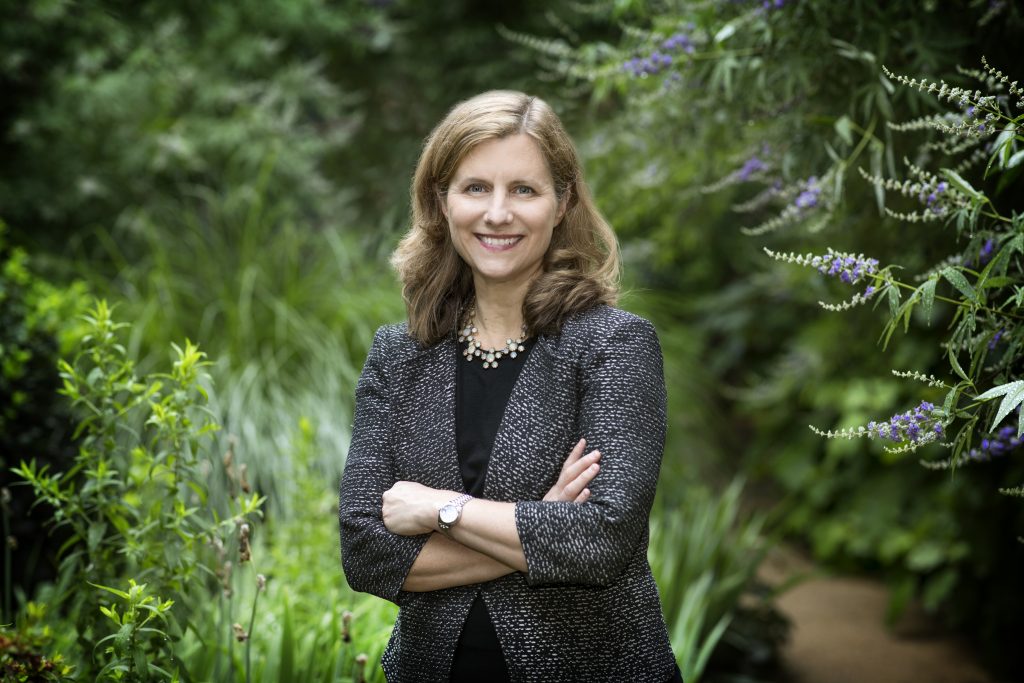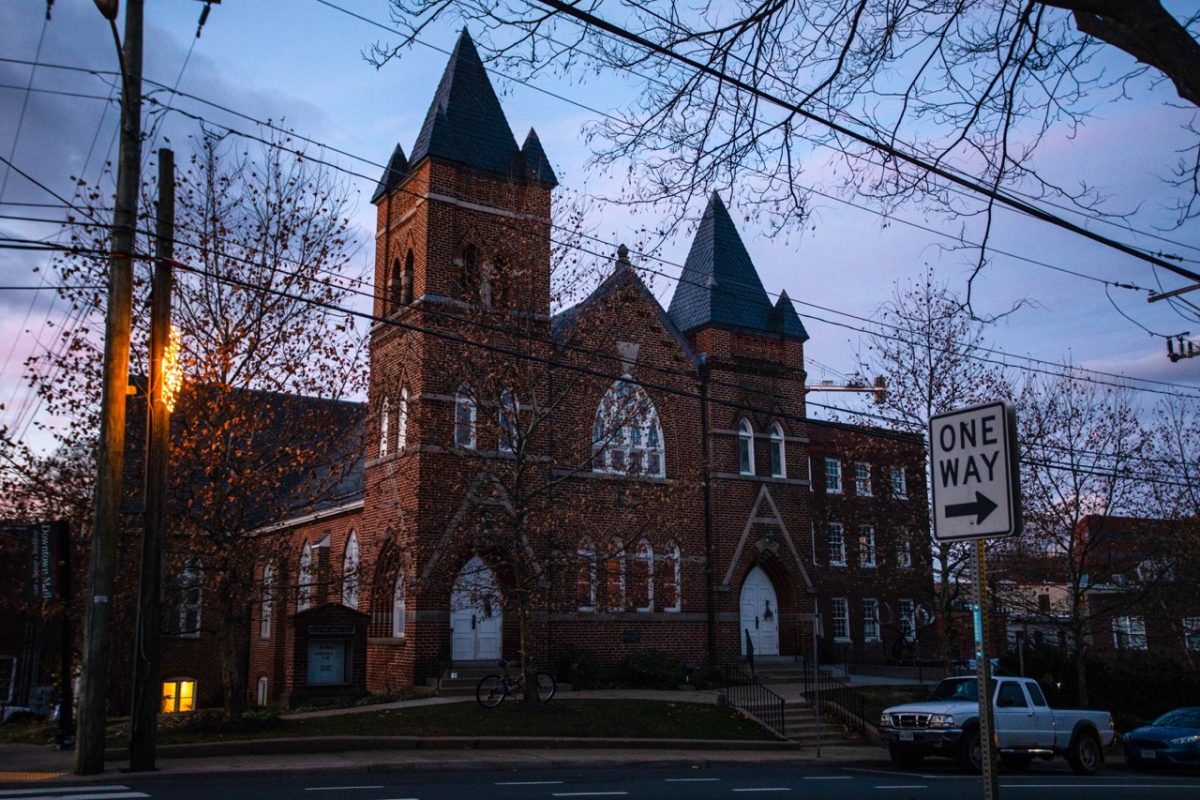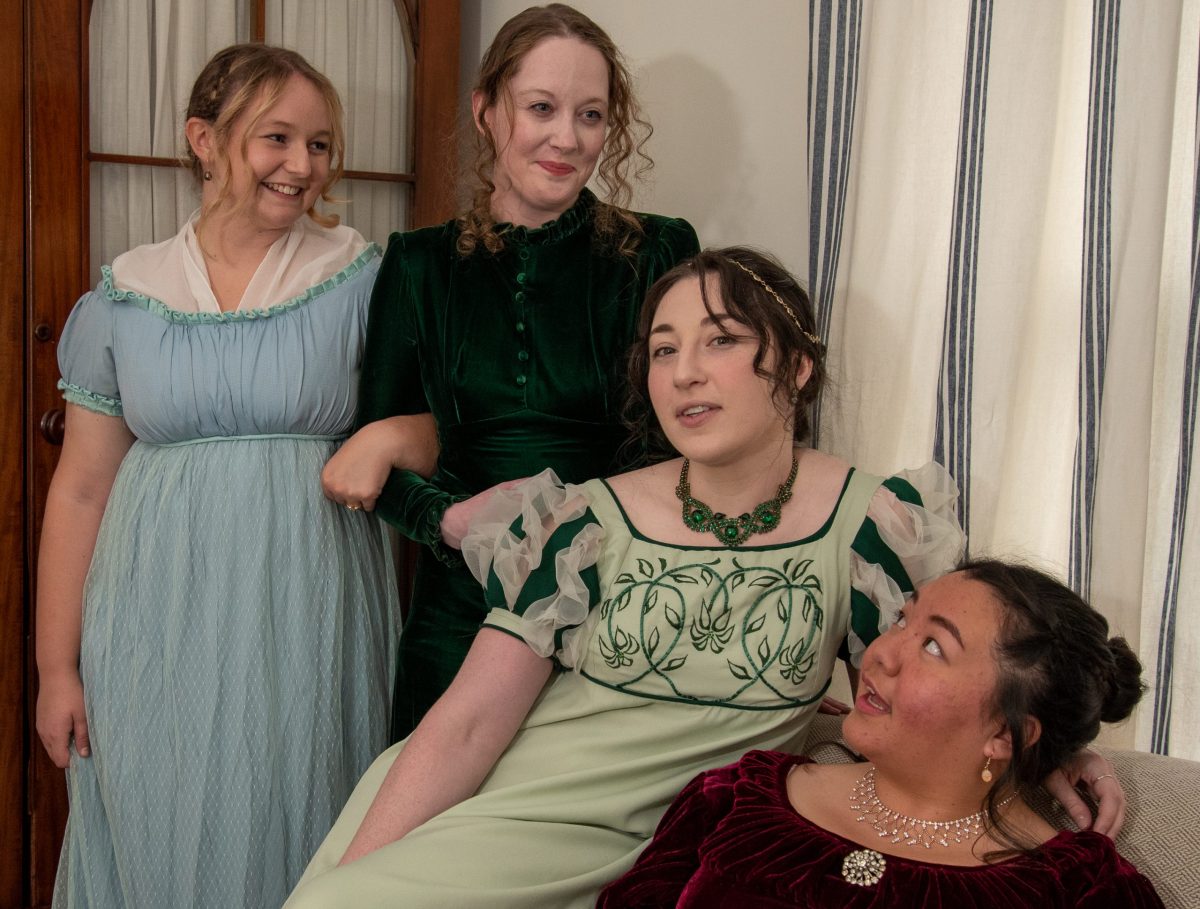By Carrie Meslar
In a location on Emmet Street that has seen many iterations over the years, Chang Thai restaurant may be the newest occupant, but the team inside, and the food they’re preparing, is a time-tested combination of experience and loyalty. A family-run business that puts an emphasis on authentic cuisine, Chang Thai’s menu is a reflection of decades of experience gained in kitchens both in the U.S. and Thailand.
Since opening last year, Chang Thai has quickly grown in popularity, with help from an existing loyal customer base that followed the family from the now-shuttered Tara Thai that was in the Barracks Road Shopping Center.
The brother and sister team at the front of house, Boyd and Benny Phuangsub, have enjoyed seeing the newest chapter in their restaurateur careers take root in the community. Boyd says that as soon as the sign went up, people were anxious for the doors to open, frequently popping in to check on the renovations and permit-approval progress as the family prepared to launch. The initial enthusiasm hasn’t waned—regulars often wait in Chang Thai’s parking lot with takeout orders already printed and clipped before the open light is switched on.
A family affair steered under the watchful eyes of Boyd and Benny’s parents, the restaurant’s operations flow easier due to being interconnected with family life. “When you have members of your family responsible for getting things done, everyone is more invested because it’s about more than just a business,” says Boyd. “There is a lot of pride that we have in doing this together.”

Boyd explains that cooking has run in the Phuangsub family for generations. Their father learned how to run a kitchen from his own mother while growing up in central Thailand. She was responsible for preparing all the meals for the workers in their village’s timber industry. Bringing his experience stateside in 2007, and enlisting more and more members of the family into the businesses didn’t mean it was time to relax on the details.
Boyd and Benny say their parents are still running things in the kitchen. Days off together aren’t a frequent occurrence, with one or both of the spouses in the kitchen for every service. Building their staff with careful guidance has been a crucial part of the restaurant’s success, according to the siblings. “Our dad doesn’t let anyone prepare a dish until he is certain they have it right,” says Boyd.
Attention to detail extends to the Chang Thai logo, created from a place of connection, and designed by a close friend in Thailand. The family wanted to incorporate the elephant, the national animal of Thailand, but in a way that blended seamlessly with their name. The eye-catching design scrolled across the exterior of the building has proven to be a helpful draw, standing out on a busy stretch of the city.
When it comes to sourcing ingredients, a task that has gotten significantly easier in recent years, even the chili peppers are brought in fresh and then roasted and dried to ensure the optimal flavor and aroma. Benny says that process is most notable in their chili oil and chili flakes. The family, which makes all its sauces from scratch, believes this is a crucial component to their dishes’ authenticity and flavors.
Describing central Thai cuisine as the great culinary unifier of the country, Boyd explains that there is a holy culinary trinity of sweet, salt, and sour, which is approachable and consumed by residents across the country, where more regional specialties can be divisive when it comes to appealing to the masses. This has helped secure central Thailand’s crowd-pleasing cuisine as a staple throughout the United States. When asked about the most popular dishes, it was no surprise that pad Thai is Chang Thai’s most frequent order.
While pad Thai is the quintessential dish when it comes to the American consumer, several other dishes hold a place in the hearts and stomachs of Chang Thai patrons. Citing the drunken noodle, crispy chicken with cashew, and the Panang curry as consistent favorites, Benny says the crispy pork belly is an underrated menu item that wins over diners whenever she recommends it.
The kanom jeeb appetizer, unknown to this writer before seeing it on the menu, brought out a spark of pride with the siblings. These dumplings are a specialty that is far less likely to make an appearance on Thai menus in the states. A key selling point for this dish: They’re using real crab meat. Another sleeper not to be overlooked, according to the family, is the arkannay noodle dish, a wide-noodle stir fry that also incorporates the crab.
Those who have dietary concerns and restrictions have numerous options. Diners can request that fish sauce (a common ingredient in Thai cooking) be left out of certain dishes, and Thai cuisine rarely involves the use of dairy.
The family has found a foothold in Charlottesville that they are excited to grow, but they aren’t stopping with Virginia: 2024 plans include an expansion to Boise, Idaho. It will mean a lot of travel back and forth between the two cities, but Boyd smiles and says he’s certain the family is up to the challenge.


